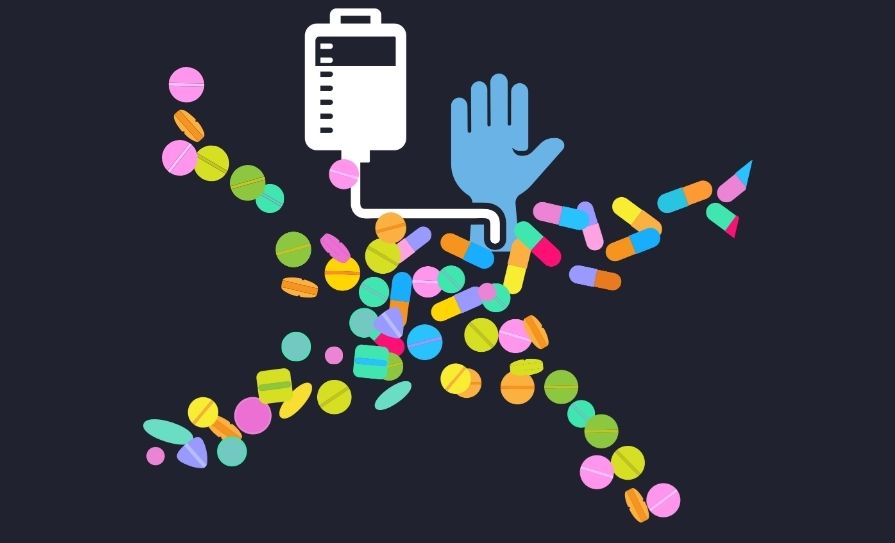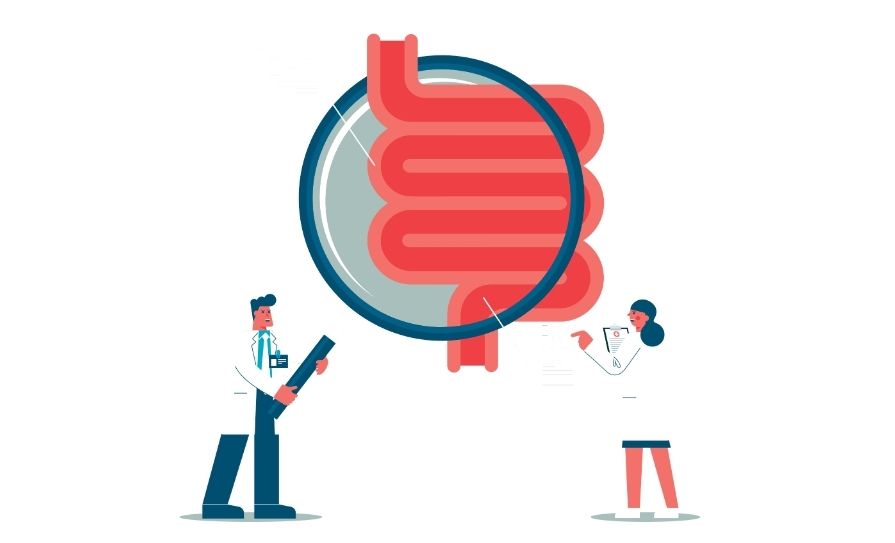Research Has Suggested That Some Careers, Including Becoming A Pharmacist, Can Take Their Toll On Cardiovascular Health.
April was Stress Awareness Month, but for some people, reducing the causes of stress is extremely difficult, as it comes with their job. While some careers are more stressful than others, research from London Medical Laboratory says they are not always the obvious ones.
According to Dr Quinton Fivelman PhD, Chief Scientific Officer at London Medical Laboratory: “Some jobs are just inherently stressful, but for many people it’s how they deal with potentially taxing situations that is most important. Seventy-four per cent of pharmacists, from community pharmacist branch managers to contractors, said they had suffered from work-related stress in a recent survey.”
He continued. “London Medical Laboratory’s new study looked at what people told us about their work-related stress levels. Using data from our Heart Health Profile blood test, their feedback was then combined with the incidence of heart problems in different professions.”
From this information, the researchers compiled a list of the 10 most demanding jobs (excluding armed services and emergency responders):
MOST STRESSFUL
- 1. Welfare professionals.
- 2. Customer services.
- 3. Legal professionals.
- 4. Teachers.
- 5. Librarians.
- 6. Recruitment consultants.
- 7. GPs and health professionals.
- 8. PR and marketing professionals.
- 9. Journalists.
- 10. Pharmacists.
Welfare professionals:
“Some of the careers we might think of as a ‘calling’ or vocation can still be stressful and lead to anxiety and depression,” said Dr Fivelman. “That’s the case for welfare professionals. Jobs such as social workers often attract people who care about others, but welfare careers also have their downsides, including high levels of bureaucracy and having to make difficult decisions.”
Customer services:
“Whether they are public-facing or on the phone, customer service workers report high levels of stress, stemming from the nature of the work and the pressure to achieve targets. These jobs are often poorly paid as well, considering the levels of stress they can create.”
Legal professional:
“Professionals such as lawyers face a long period of training, demanding work and irregular hours. Additionally, not all types of legal work pay as much as people assume. Lawyers have one of the highest suicide rates of any UK profession.”
Teacher:
“Teaching, like welfare work, is often a vocation. However, the reality of the job can be very different from what people entering the profession envisaged. Preparation and marking time, dealing with parents and pressure to improve students’ grades, cause a significant number of teachers to burn-out every year.”
Librarian:
“The appearance of librarians on our most stressful job list surprised us the most, but it shouldn’t have. It’s a very public-facing role, which is significantly under-resourced. The people attracted to the profession are not prepared for the demands it makes on them. One-in-three librarians reported acute workplace stress and absences, the highest of any career we looked at.”
Recruitment consultancy:
“Helping people find these stressful jobs is stressful in itself. Recruitment is another of those public facing, initially poorly paid, careers that sets strict targets that can seem overwhelming.”
Healthcare professional:
“We thought doctors and [other] health workers might appear higher up our list, even though it excludes those medics who work in emergency services. While some GPs feel supported, the demanding nature of the job, level of responsibility and long hours mean, globally, doctors have the highest suicide rate of all professionals.”
PR and marketing professional:
According to the research, 78 per cent of PR and marketing managers rate their job stress at seven or higher on a 10-point scale. Meeting deadlines, growth potential and interacting with the public all stacked up the stress.
Journalist:
There are many different kinds of roles in journalism, many of which are not over-stressful. However, ‘front-line’ reporters covering stories such as crimes and fires do report high levels of anxiety. Depending on the journalists’ beats or work locations, as many as 59 per cent have symptoms of PTSD, according to one recent US study.
Pharmacist:
Seventy-four per cent of pharmacists, from community pharmacist branch managers to contractors, said they had suffered from work-related stress. Four pharmacies a week closed in 2020, and pharmacists are concerned current funding arrangements mean independent pharmacies will continue to struggle to survive.







